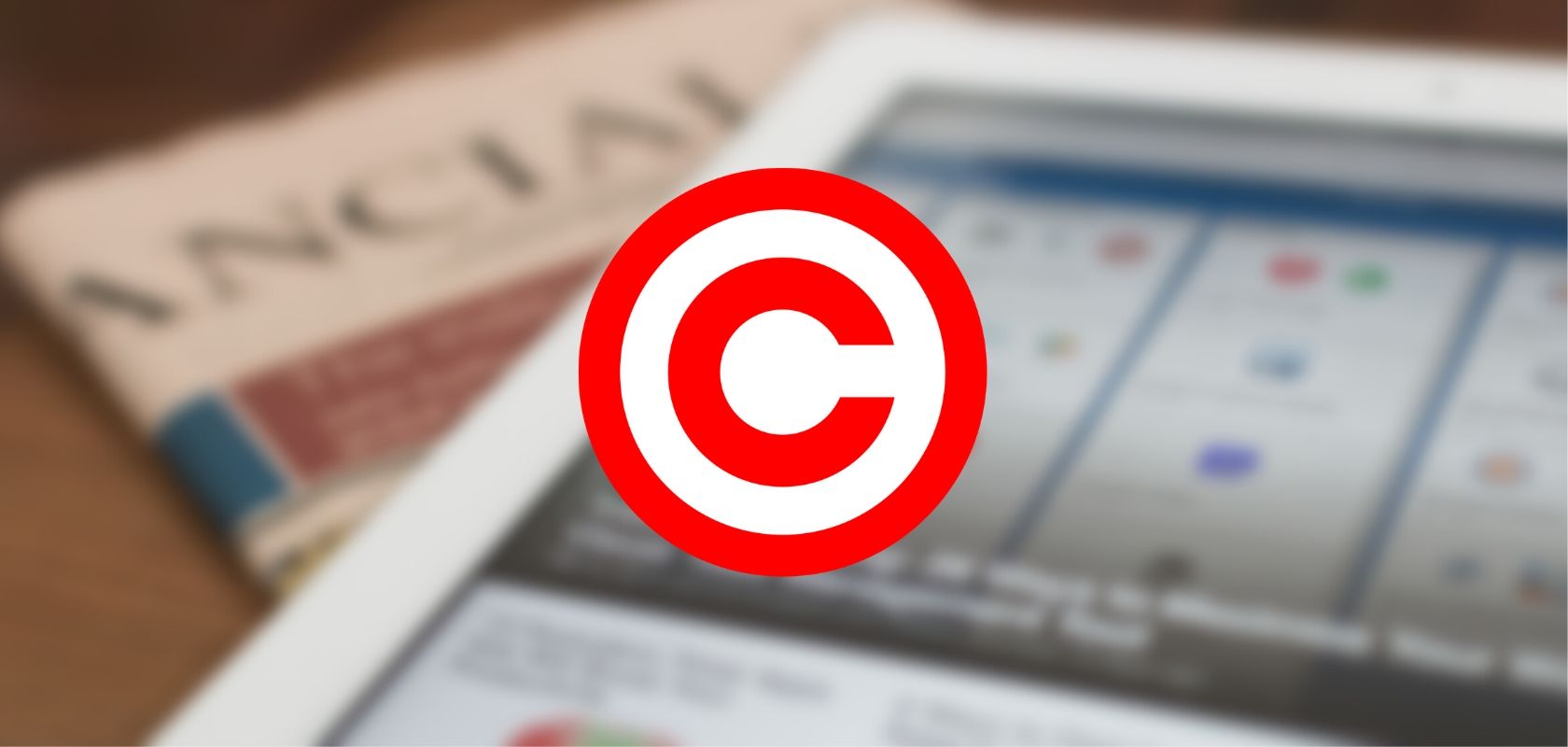When the EU last year passed its Copyright Directive, much of the criticism of the regulation had to do with upload filter requirements for platforms, and the so-called link tax – Articles 15 and 17, at the time known as Articles 13 and 11.
When the Directive was debated and then passed in the European Parliament, assurances were given that these copyright protections would not be draconian to the degree of banning memes and GIFs as copyright infringement.
But now, EU member states are implementing this Directive nationally, and seem to be looking for ways to make what many consider to be a bad piece of legislation even worse.
This is particularly true of the two countries that were behind the entire idea: France, which was particularly interested in pushing through the upload filter rule, and Germany, whose publishing behemoths have been looking for years for ways to wrestle back some of the revenue lost to tech giants.
Thus, Germany was invested in adding the so-called snippet/link tax to the Directive, and now that it’s time to write this regulation into national law, Germany wants to make it even more limiting than the EU originally proposed.
The changes will mean that linking to or using news articles is going to become a lot more restrictive as curators or commentators can use only very short sentences of news articles in their own works or curation sites or videos.
More information comes from Julia Reda, a former member of the European Parliament from Germany’s Pirate Party. Posting on Twitter (in German), she said that under the proposal, only “single words or very short extracts” can be quoted without paying a license.
Click here to display content from X.
Learn more in X’s privacy policy.
According to this, free-of-charge usage is to be limited to “the headline, a small-format preview image with a resolution of 128-by-128 pixels, and a sequence of sounds, images or videos with a duration of up to three seconds.”
If a news commentator or curator, whether in text or video, wants to use more than that, they’ll have to pay a license fee.
But hyperlinks can still be used without first acquiring a license from publishers, and Germany also wants to allow individual users the same right in case of private or non-commercial use.
However, the situation around non-commercial licensing is often muddy in the real world, with the Creative Commons licensing being the most obvious example.
Defining non-commercial isn’t as easy as it might seem at first glance, especially on the internet.
If the German version of the Directive gets implemented, publishers could even claim that posting memes on commercial platforms like YouTube and Facebook can be interpreted as copyright infringement under the new legislation.
The German governments wants feedback at [email protected] before the end of January 2020.








